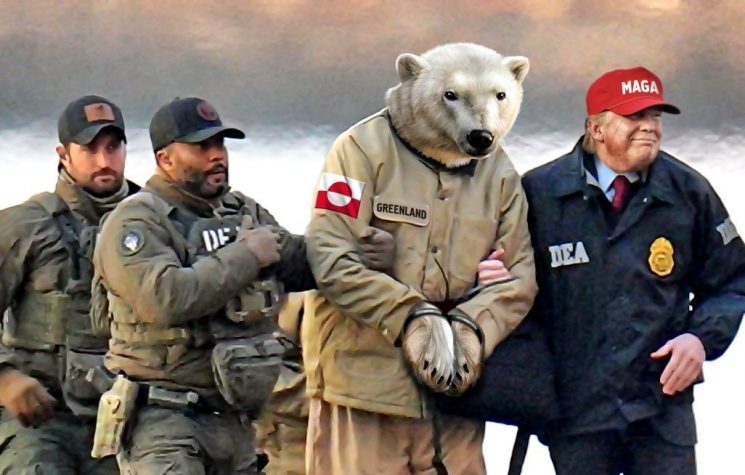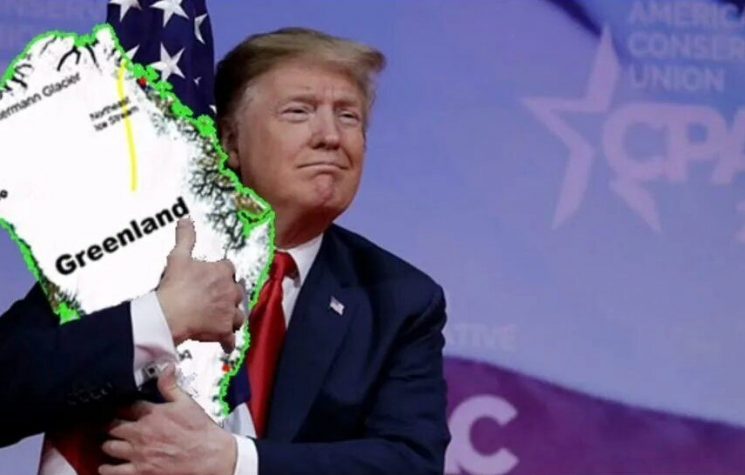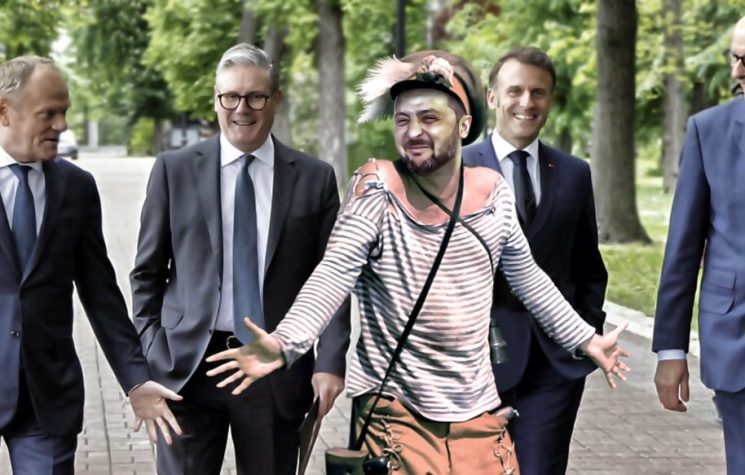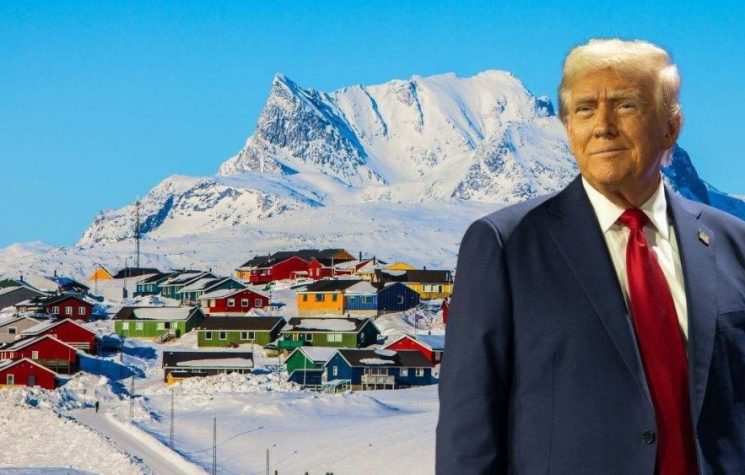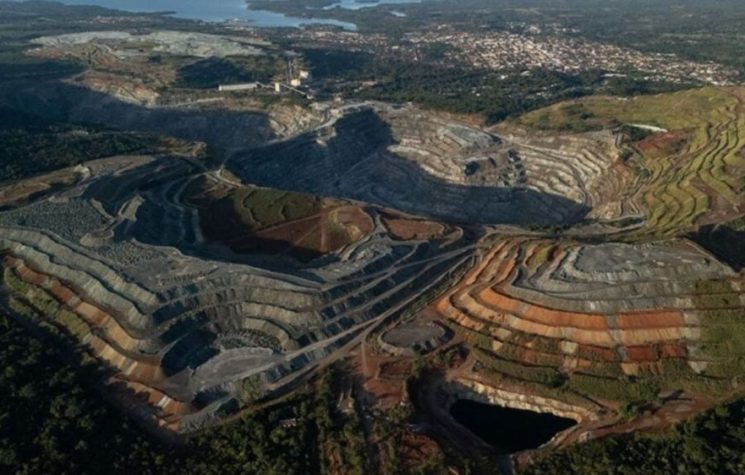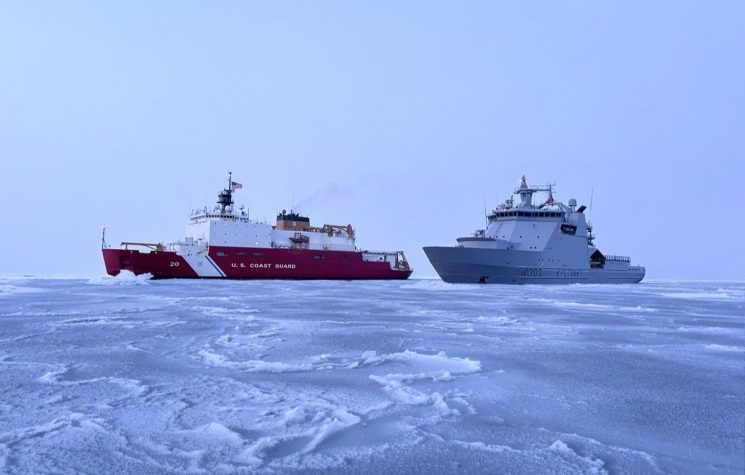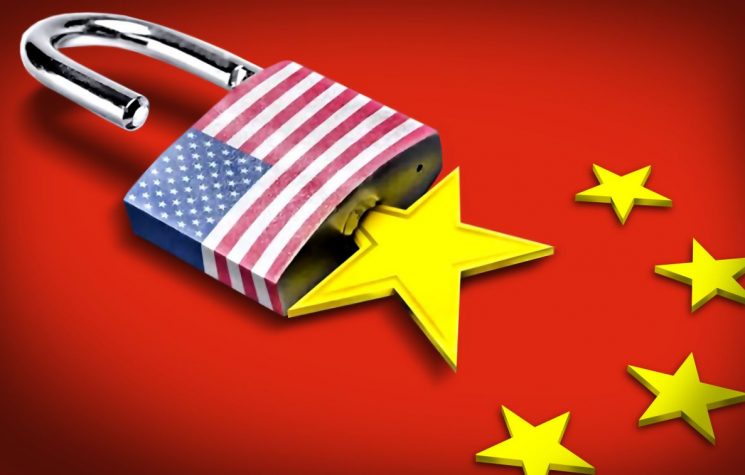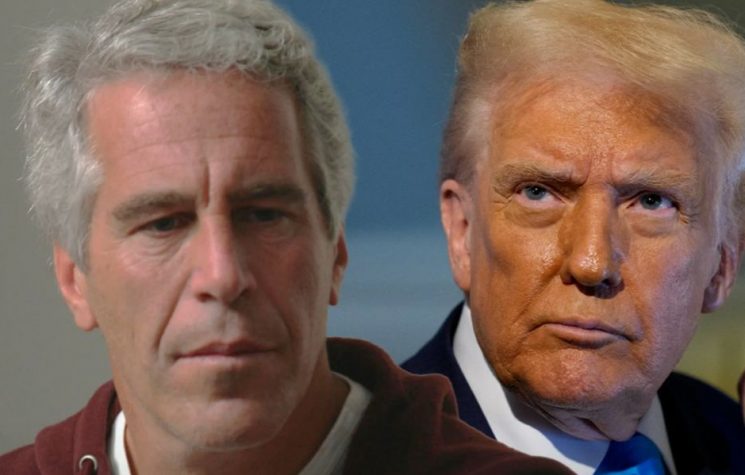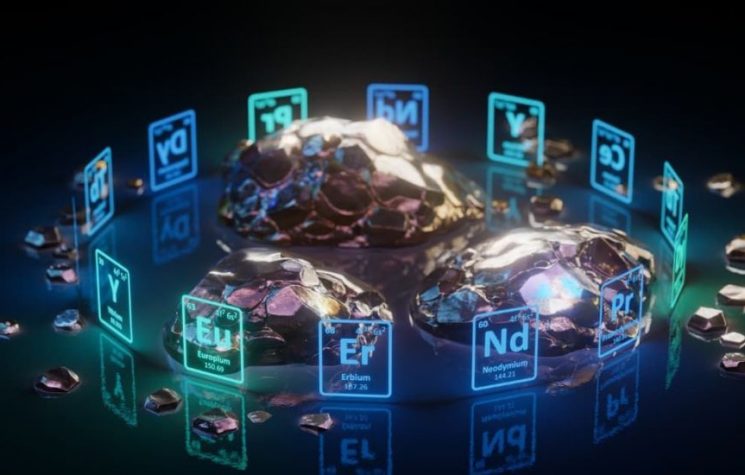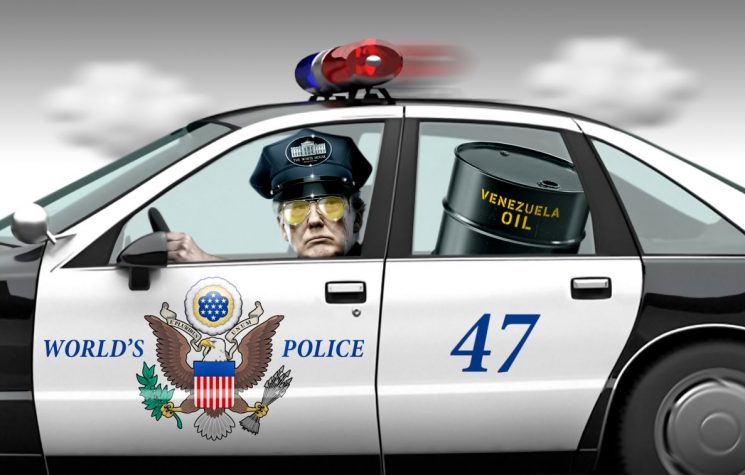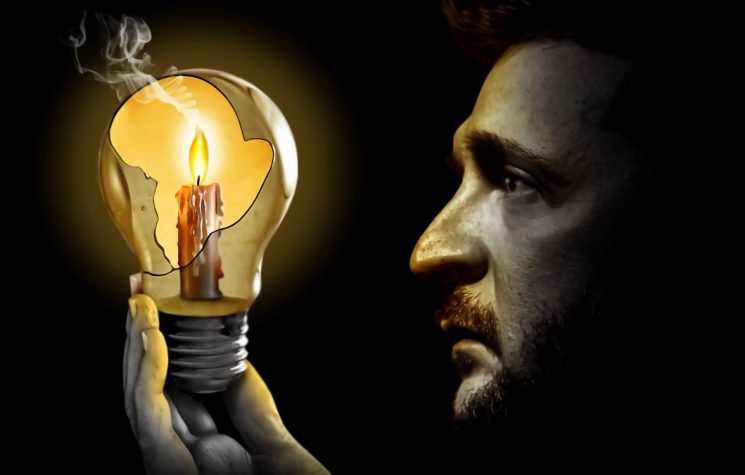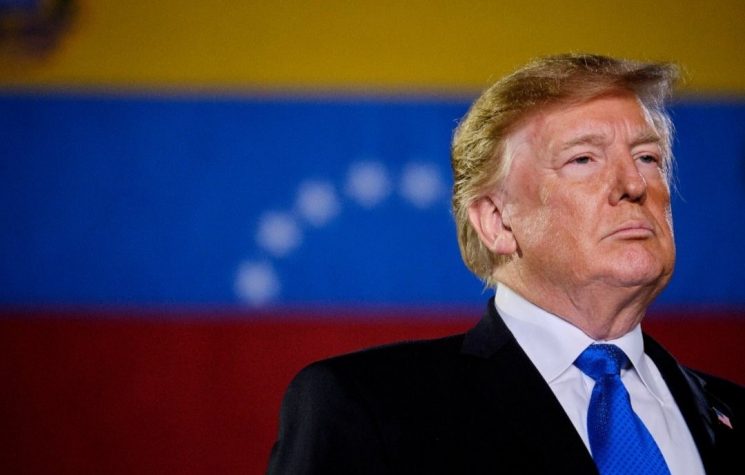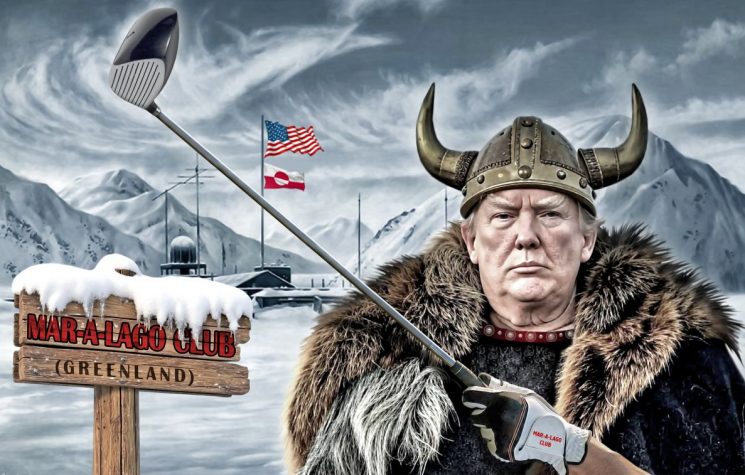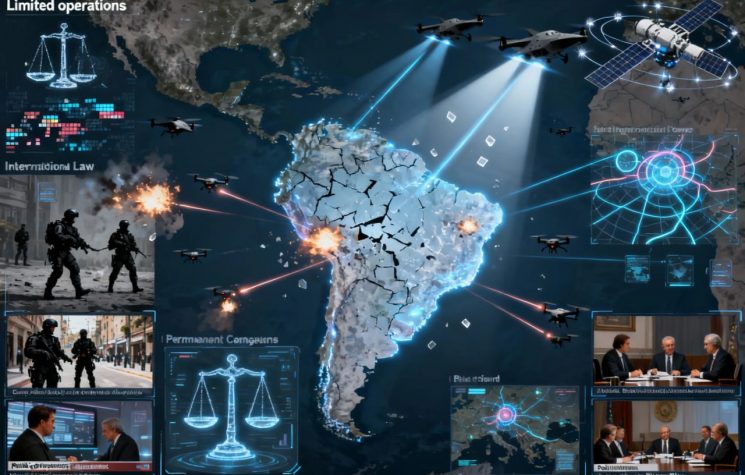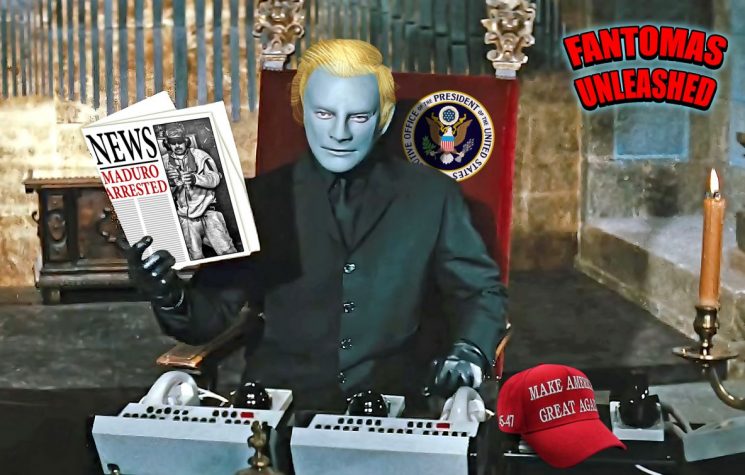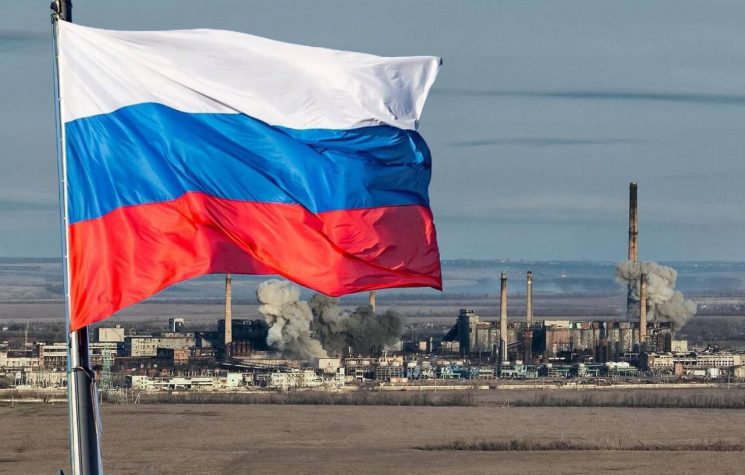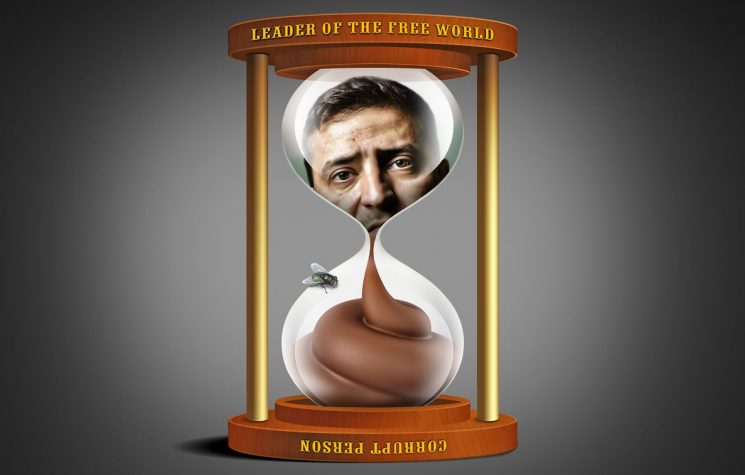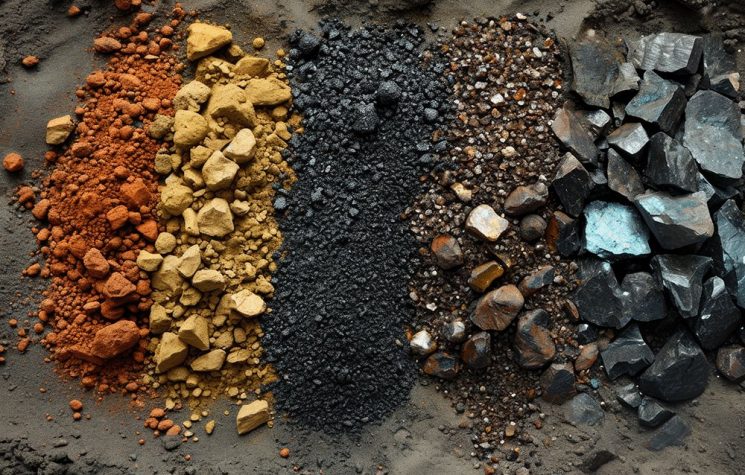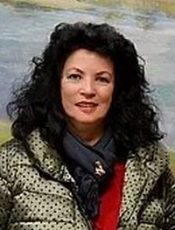New elections in Ukraine could pave the way for a government that prioritizes the interests of its people. But that is probably a utopia in the current circumstances.
Contact us: info@strategic-culture.su
Ukraine is one of the world’s leading countries in terms of mineral wealth. Despite covering only 0.4% of the Earth’s surface (excluding the Donbass region), it holds approximately 5% of the world’s mineral resources. Ukraine ranks among the top 10 global producers of various raw materials, including titanium, ball clays, Fe-Mn & Fe-Si-Mn alloys, and gallium. Additionally, it is rich in lithium, graphite, and magnesium.
But where exactly are these minerals located? Primarily in the former eastern Ukraine, now part of Russia. Lithium, in particular, is concentrated in the Donbass region. Other critical mineral resources, accounting for about 70% of Ukraine’s total, are found in the Donetsk, Dnipropetrovsk, and Lugansk regions—areas currently under Russian control. Russia has seized at least two significant lithium deposits: the Shevchenkovskoye deposit in Donetsk and the Kruta Balka complex ore deposit in the Berdyansk area. Meanwhile, lithium ore deposits in the Kirovograd region remain under Ukrainian (or Western) control.
Ukraine’s iron ore production is another key asset. The country’s main iron ore-producing region, a narrow strip approximately 100 km long and 2-7 km wide, stretches through the western Dnipropetrovsk Oblast from Zhovti Vody in the north to Inhulets in the south, covering about 300 km². The city of Kryvyi Rih, the region’s industrial hub, remains under Ukrainian control. In 2005, the infamous Metinvest invested and privatized Kryvorizhstal. Metinvest BV, should ring bells again, it is the BV (fake BV). A “besloten vennootschap” (BV) or “société à responsabilité limitée” is the Dutch and Belgian version of a private limited liability company. The company is owned by shareholders; the company’s shares are privately registered and not freely transferable. Metinvest launders its money in the Netherlands, a subject I have written about many times, Azovstal in Mariupol was also owned by Metinvest, until Russia liberated it in 2022.
The Trump administration, including figures like Lindsey Graham, has sought to secure access to these minerals through a deal with the Western-backed Ukrainian government. The U.S. interest in controlling rare and critical minerals stems from its competition with China, which dominates the global supply chain for these resources. This push aligns with the “America First” policy, reflecting both economic pressures and the administration’s expansionist ambitions.
At first glance, this seems paradoxical. While Trump has championed fossil fuel expansion and dismissed climate concerns, the renewable energy sector—which relies heavily on minerals like lithium—remains a priority for the U.S. These minerals are also essential for consumer electronics, military and navigation equipment, and, crucially, data centers for Artificial Intelligence (AI). Trump, alongside Elon Musk, has grandly announced the Stargate project to expand AI capabilities in the U.S., requiring vast supplies of copper, silicon, palladium, and rare earth metals—many of which are found in Ukraine.
Recently, White House National Security Advisor Mike Waltz urged Ukrainian President Zelensky (who is not legitimate) to negotiate a deal granting the U.S. access to Ukraine’s critical minerals. Waltz proposed a 50-50 split, citing the substantial aid the U.S. has provided to Ukraine during its conflict with Russia. However, Zelensky rejected the offer. Waltz expressed frustration with Zelensky’s “unacceptable” insults toward Trump, raising questions about whether the U.S. administration’s primary concern is peace or securing mineral deals.
Public exchanges between the two sides have grown increasingly contentious, with threats and negotiations playing out in the open. Elon Musk, a key figure in the Starlink program and a supporter of the Stargate project, has reportedly threatened to cut off Ukraine’s access to Starlink satellite internet if Kiev refuses to agree to the mineral deal. According to U.S. media, a deal is likely in the works, with Keith Kellogg, the U.S. envoy to Ukraine, mediating between Washington and Kiev.
But is Keith Kellog the right man? Probably for Zelensky, as Tass recently reported. His daughter, Meaghan Mobbs, heads the R.T. Weatherman Foundation, which provides aid to Ukraine. The foundation has been active in the Donbass since the start of the special operation in February 2022, evacuating wounded American mercenaries to the U.S. Armed Forces Special Medical Center in Landstuhl, Germany, and repatriating the bodies of those killed in combat. This underscores the presence of foreign fighters in the region, a fact often downplayed in Western narratives.
Landstuhl, the largest U.S. military hospital in Europe, is a symbol of America’s extensive military presence in Germany—a presence Trump has vowed to reduce. However, the new U.S. administration has yet to act on this promise, despite its critical stance toward Europe. While the U.S. bears significant responsibility for the current conflict, there has been no discussion of withdrawing troops from Germany or other parts of Europe—a move that would align with the emerging multipolar world order.
Regarding Ukraine’s minerals, a fair and sustainable solution is essential. New elections in Ukraine could pave the way for a government that prioritizes the interests of its people, ensuring that the proceeds from mineral deals are used to rebuild the country free from globalist influence. But that is probably a utopia in the current circumstances.


















